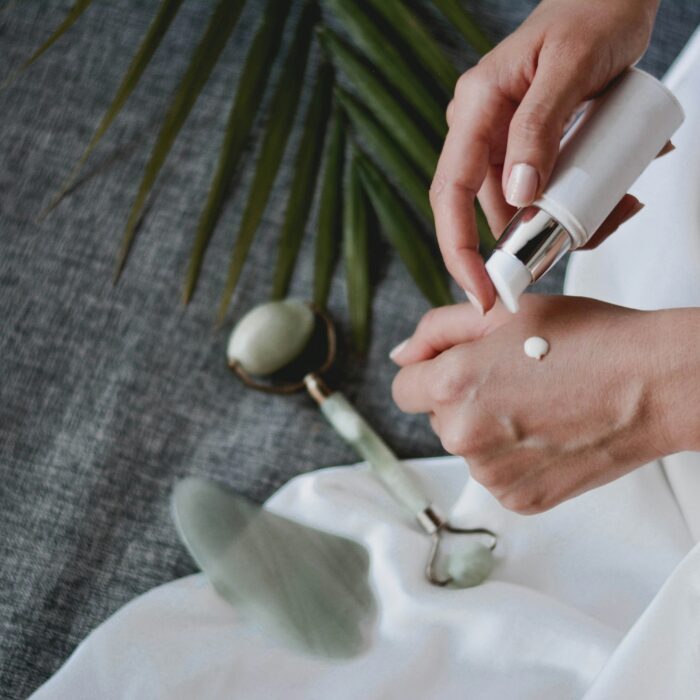Are medical supplies and equipment taxable?
by January 14, 2025
We recently wrote about some good news – prescription drugs are nontaxable in nearly every US state. But what about if the medical item you need isn’t a medication but medical supplies or equipment? Are medical supplies taxable?
As usual with sales tax, the answer is “it depends.” Let’s dig in.
When should I charge sales tax when selling medical supplies and equipment?
In general in the U.S., tangible personal property (i.e. items you can see, touch and interact with), is considered taxable when sold at retail. However, states are allowed to determine what is and is not taxable within their borders, and many states make exceptions for necessities like medical equipment.
For example, in most states you would pay sales tax when purchasing a medical supply like a reusable thermometer, but reusable thermometers are tax exempt in Florida, Minnesota, New Jersey, New York, North Dakota, Rhode Island, and Vermont.
Taxability can also be determined by whether or not a piece of medical equipment is prescribed. For example, prescription hearing aids are non-taxable in nearly every U. S. state, while nonprescription hearing aids are only non-taxable in about half of U.S. states.
The same goes for durable medical equipment, such as home hospital beds or mobility aids like shower chairs. While these items are non-taxable in the majority of states when prescribed by a medical professional, they are generally taxable when purchased without a prescription. Though plenty of states have an exception to this rule, including Maryland, Minnesota, Missouri, New Jersey, New York, North Dakota, Pennsylvania, Rhode Island, Vermont, Virginia and Wisconsin.
And last but not least, taxability can differ if the purchase of durable medical equipment is billed to Medicare or Medicaid. Take Alabama for example. Durable medical equipment is considered taxable in Alabama, even if prescribed by a medical professional, but the state provides a sales tax exemption for prescribed durable medical equipment when the purchase is billed directly to Medicare or Medicaid, or if the purchase will be reimbursed by Medicare.
These are just a few of the factors you should take into consideration when deciding whether or not to charge sales tax on medical supplies and equipment. As you can see, sales tax on medical supplies and equipment can be quite convoluted. If you have questions, we always recommend contacting a vetted sales tax expert.
Try TaxJar for free
TaxJar offers one platform to manage every aspect of sales tax compliance from calculations to reporting to filing. Try our sales tax compliance platform for 30 days, completely free with no obligation.
Get startedHow TaxJar can help
We built TaxJar to alleviate the pain of sales tax. So no matter if you sell medical supplies, durable medical equipment, medication or all of the above, TaxJar ensures you collect the right amount of sales tax from every customer on every order every time.
Sell durable medical equipment? With TaxJar’s product tax codes, if you sell a shower chair to an individual in Alabama we know to calculate and collect sales tax, while if you sell that same shower chair to a purchase in Arizona we know not to collect sales tax.
TaxJar ensures you collect not only the correct state sales tax rate, but city, county, and other special taxing district rates. We stay up to date on sales tax rules, laws and rate changes so you can get back to doing what you do best – running your business.
TaxJar is also HIPAA compliant so you can be sure our processes and systems provide the same security your patients and customers have come to rely on.
Ready to automate sales tax? To learn more about TaxJar and get started, visit TaxJar.com/how-it-works.








